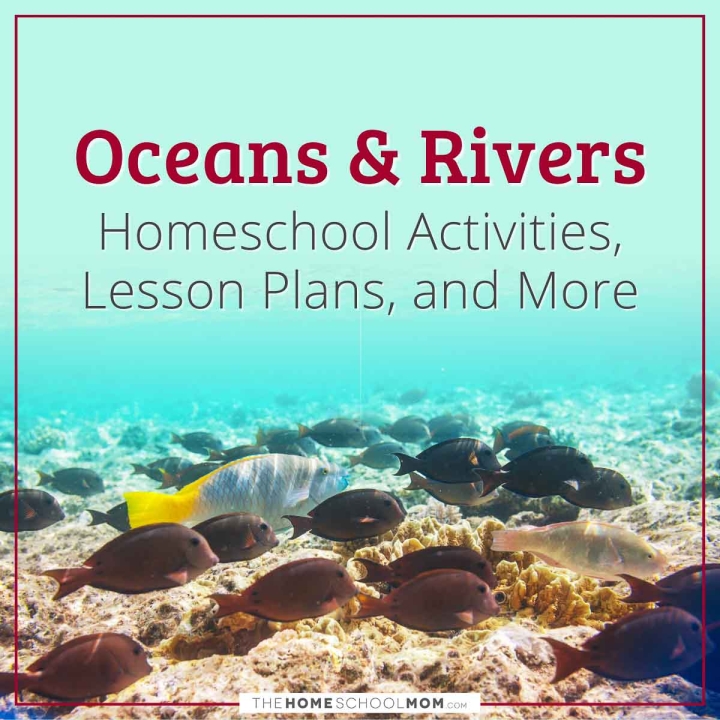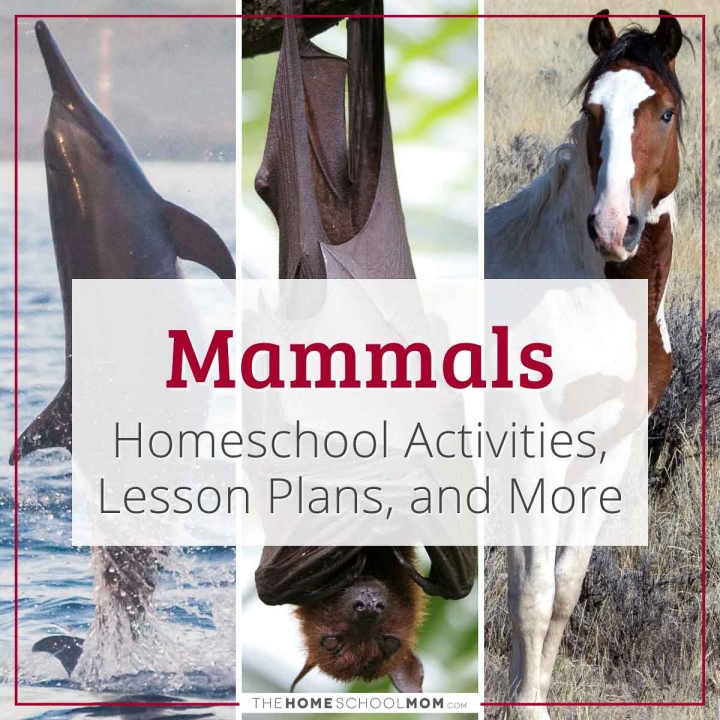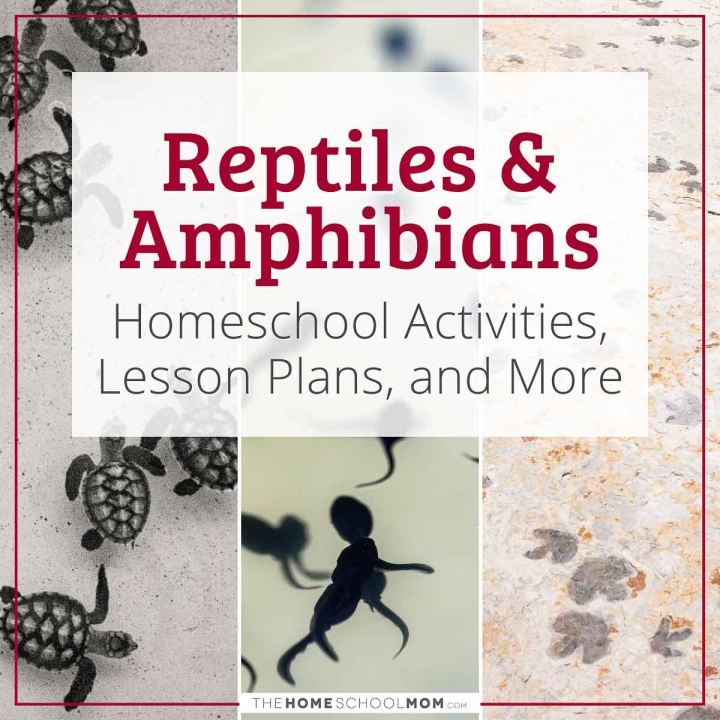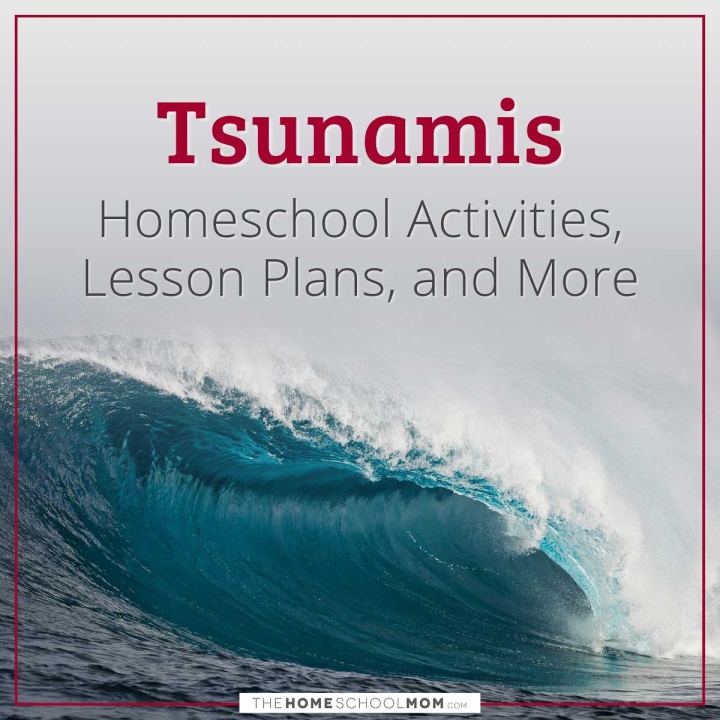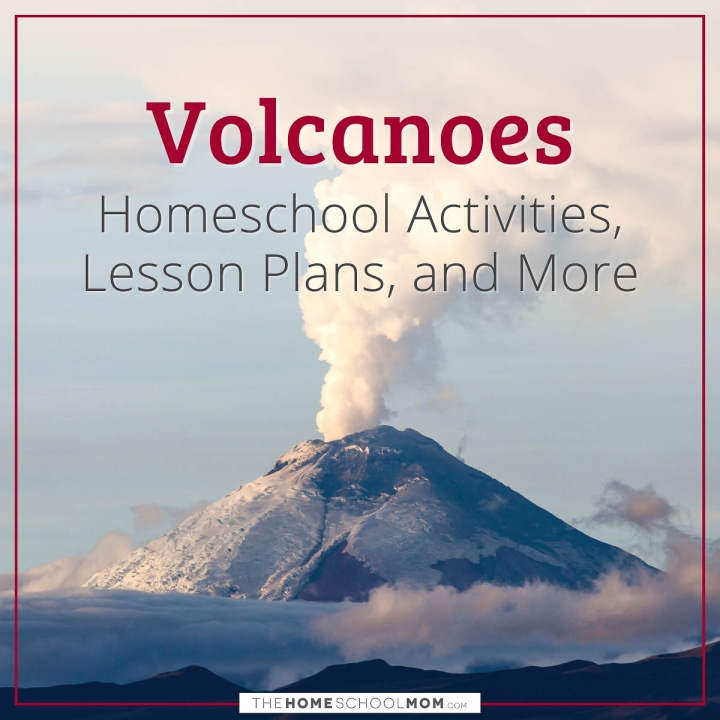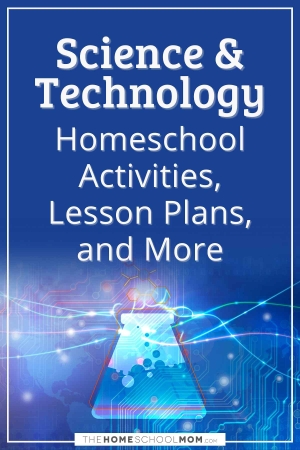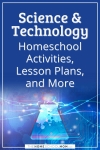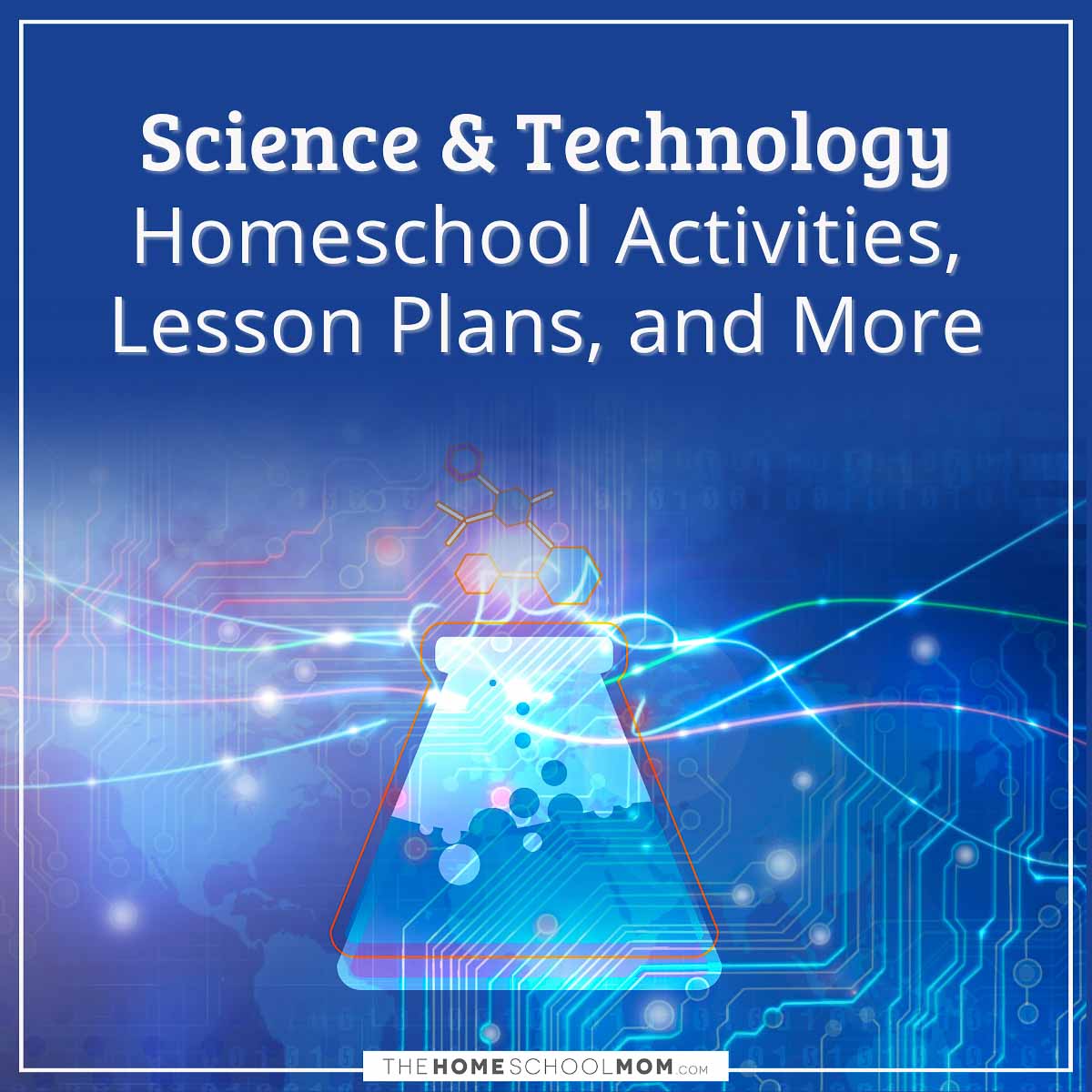
Choose a Topic
- Aviation
- Anatomy
- Simple Machines
- Plants & Botany
- Earth Science
- Environmental Science
- Five Senses
- Electricity
- Forestry
- Transportation
- Robotics
- Water Cycle
- Tornados
- Natural Disasters
- Earthquakes
- Architecture
- Earth Day
- General Science
- Astronomy
- Weather
- Katherine Johnson
- Oceans and Rivers
- Hurricanes
- Inventors & Inventions
- Biology
- Rocketry
- Leonardo da Vinci
- Animals
- Fish
- Mammals
- Insects
- Reptiles & Amphibians
- Endangered Species
- Tsunamis
- Chemistry
- Geology
- Rock Classification
- Coding
- Physics
- Volcanoes
- Science Fairs
























